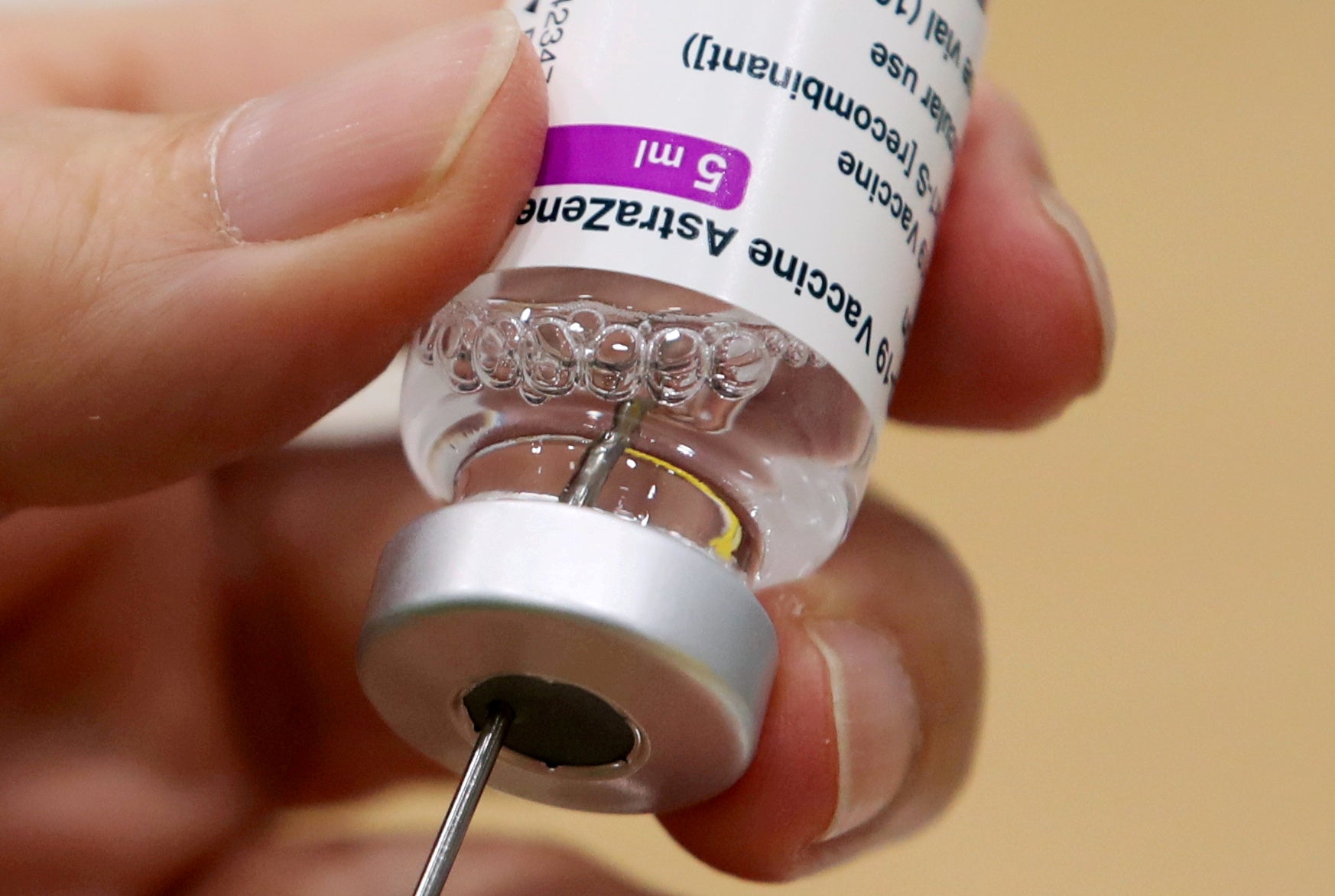EU denies blocking three million doses of AstraZeneca vaccine to Australia
The vaccinations from Europe were meant to underpin Australia’s inoculation drive

The EU has reportedly blocked shipments of 3.1 million doses of AstraZeneca’s COVID-19 vaccine to Australia.
A government source told Reuters the country has only received 300,000 jabs so far and a further 400,000 were expected to arrive by the end of April.
They said: “They’ve blocked 3.1 million shots so far. We haven’t given up hope but we’ve stopped counting them in our expected supplies.”
The export curb underscores massive shortfalls of the AstraZeneca shot across the EU and complicates Australia‘s inoculation campaign, which is already 83% behind schedule.
The EU has taken more control of jabs leaving the trading bloc after a sluggish start to its vaccination rollout in comparison to Britain and the US.
Read more:
- Artwork damaged by couple who thought brushes and paint in front of piece were for visitors’ use
- At least 48 killed in Taiwan train crash after carriages derail in tunnel
- Aung San Suu Kyi charged with violating secrets law
- Two teenage girls gang-raped in woods as they celebrated Holi festival in India
- Man smoking in restaurant throws hot soup at woman who asked him to stop
Australian Prime Minister Scott Morrison said on Tuesday the missing shipments were responsible for it not meeting its vaccination timetable.
He said: “In early January, we anticipated we would have the 3.1 million vaccines. Those vaccines were not supplied to Australia. That is the reason.”
The AstraZeneca vaccine arriving from Europe were to underpin the early stages of Australia‘s vaccine drive, supplementing 50 million shots of the vaccine that will be produced locally by CSL Ltd.
But the latest supply blockages leave Australia struggling to step up the pace of its vaccination drive, which started much later than some other countries due to low case numbers - with only about 670,000 people inoculated against an initial target of 4 million by end-March.
While the government blamed the slow rollout for supply issues from Europe, some state governments have also complained about slower-than-expected distribution and a lack of certainty on supplies.
AstraZeneca did not immediately reply to a request for comment when asked by Reuters on Tuesday.
“We cannot confirm any new decision to block vaccine exports to Australia or to any other country,” a European Commission spokesman told a news conference.
An EU spokesperson added it had rejected only one of a total of 491 COVID-19 vaccine export requests since it enhanced export transparency in late January, and seven requests were currently being reviewed.
They declined to say whether shipment requests to Australia were under review.
Australia has recorded just 909 coronavirus deaths since the pandemic began and said on Tuesday it would launch a quarantine and COVID-testing free travel bubble with New Zealand this month.
Note: This article was amended on 29 April 2021. The original headline stated as fact that the shipment to Australia had been blocked, while it was a claim. We also added a subsequent statement from the EU.
Additional reporting by Reuters
Join our commenting forum
Join thought-provoking conversations, follow other Independent readers and see their replies
Comments
Bookmark popover
Removed from bookmarks